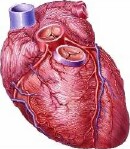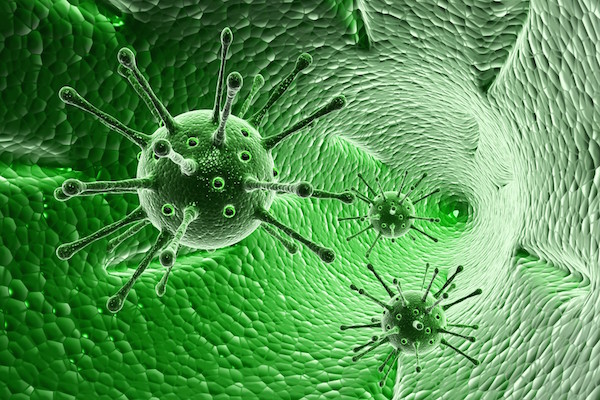
TUESDAY, Feb. 23 (HealthDay News) — The newest heart imaging CT technology exposes patients to as much as 91 percent less radiation than standard CT scanning, researchers say.
“Coronary CT angiography has generated great enthusiasm in recent years, due to its diagnostic accuracy in assessing patients with known or suspected coronary artery disease. However, that enthusiasm has been tempered by concern about the potentially high radiation dose received by patients,” Dr. Andrew J. Einstein, an assistant professor of clinical medicine in radiology and director of cardiac CT research at Columbia University Medical Center, said in a news release.
Einstein and colleagues compared radiation exposure with a standard 64-detector row CT scanner — which can image 4 centimeters of the heart at a time — and a 320-detector row volume CT scanner, which can image 16 centimeters — the entire length of the heart — in a single rotation and within a single heartbeat.
“By imaging the entire heart in one piece, volume scanning eliminates artifacts due to seams or gaps between image sections. Moreover, the X-ray tube is left on for only a brief duration, as little as 0.35 seconds,” Einstein said in a news release from the Radiological Society of North America.
The study, published in the March issue of Radiology, found that the effective radiation dose was 35.4 millisieverts for a 64-detector row helical scan and 4.4 mSv for a 320-detector row volume scan.
“As CT technology advanced from 16- to 64-slice capabilities, the radiation dose went up significantly. Today, technology development is going in the opposite direction, reducing radiation exposure,” Einstein said.
More information
The U.S. Food and Drug Administration has more about CT scans.

